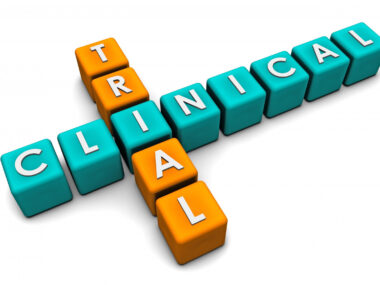Cytokinetics’ new muscle activator compound shows promising safety, tolerability, and effectiveness in three early clinical trials in healthy volunteers. The data supports the ongoing Phase 2 trial of the drug in patients with spinal muscular atrophy.
Importantly, the findings indicate that the therapy is better tolerated and more potent than the company’s earlier muscle activator, tirasemtiv.
CK-212 7107 is an investigational next-generation therapy that Cytokinetics is developing in collaboration with Astellas Pharma. The compound aims to act as a muscle activator by slowing calcium signaling in so-called fast skeletal muscle fibers.
The drug was explored in three separate Phase 1 trials, adding to data from two earlier studies.
The studies showed that CK-212 7107 triggered a muscle force more than double of that seen with tirasemtiv.
All three trials also concluded that the drug was relatively well tolerated — all adverse events were mild or moderate. Laboratory values, neurological examinations, vital signs, brain waves, walk tests, and blood oxygen levels were all normal after the treatment.
Researchers also concluded that higher doses gave rise to higher blood concentrations of the drug — a desirable feature of any new drug.
CK-212 7107 is currently being assessed in a Phase 2 trial in patients with SMA types 2–4. The trial is still recruiting participants in the U.S. and Canada. Interested patients can find more information, including contact details, at the trial’s registration page.
The drug is intended for the treatment of patients with muscle fatigue or weakness. In addition to SMA, the compound is being tested in Phase 2 trials in patients with ALS, elderly people with mobility limitations, and patients with COPD.

 Fact-checked by
Fact-checked by 



